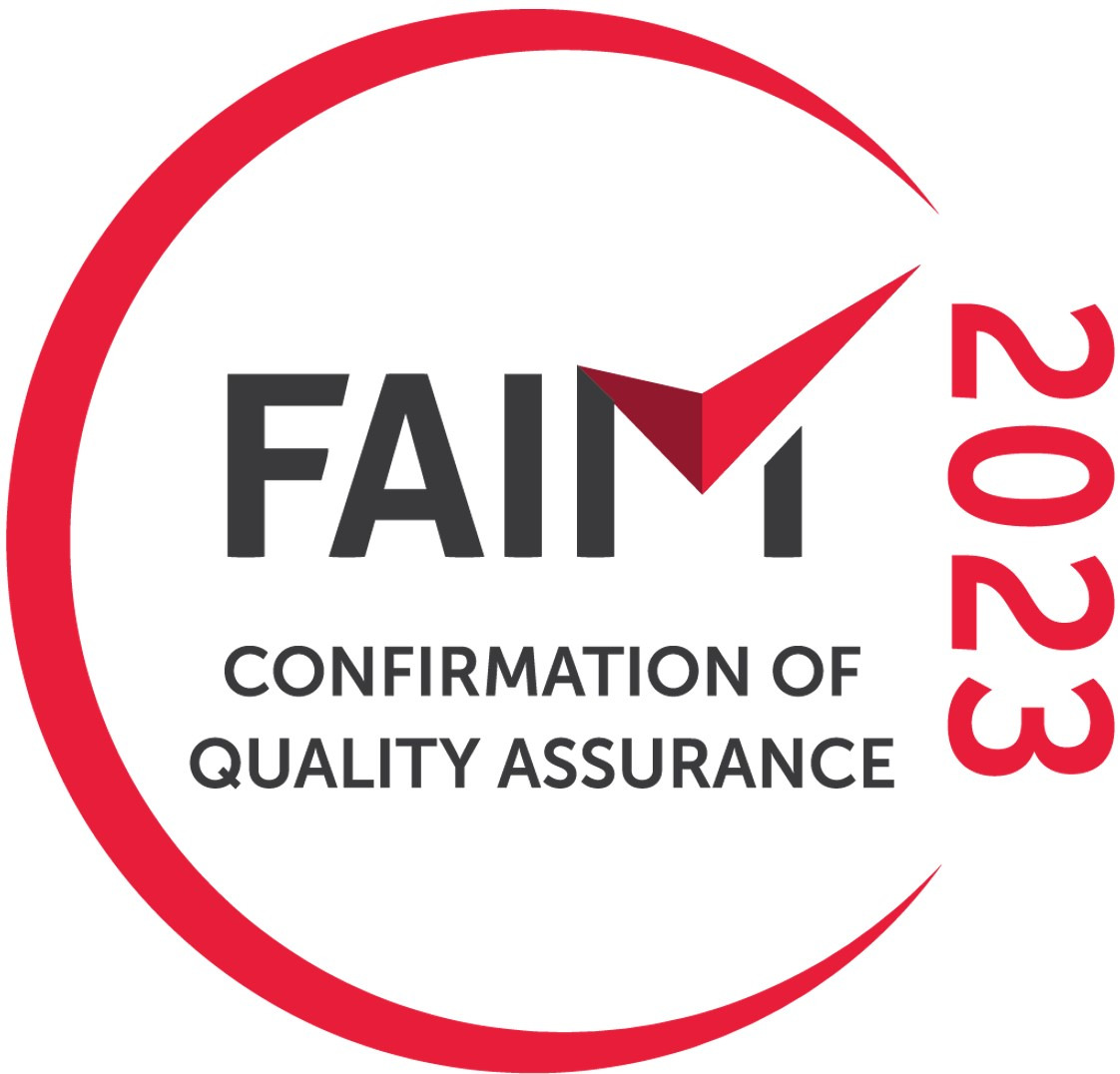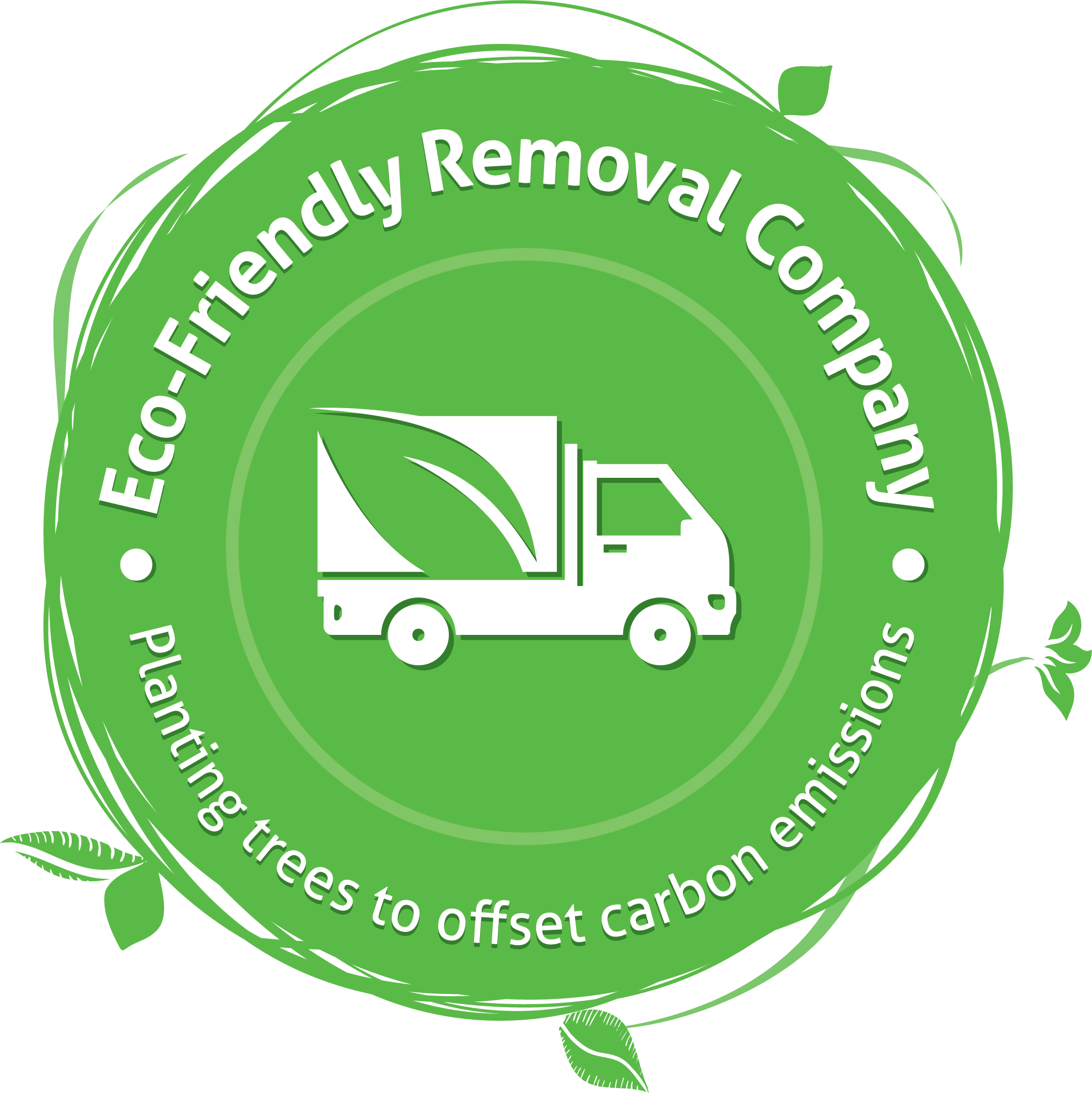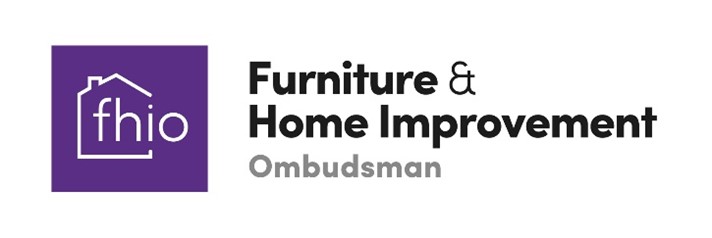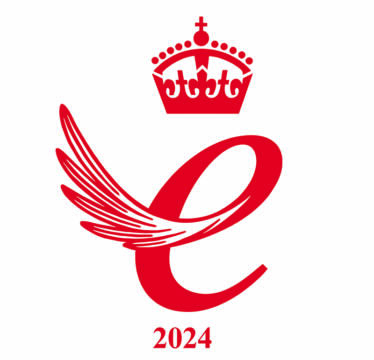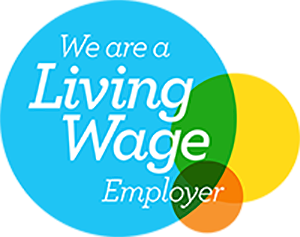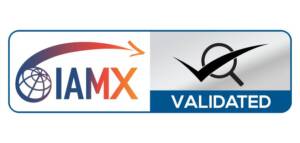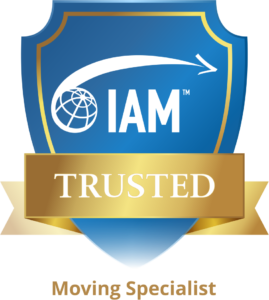Moving to a new country is an exciting prospect and, if you know the rules, the process will run smoothly. You can import your household possessions with an international removal company duty and tax free into Canada, as long as you have owned them for more than six months. Note that you can’t sell these items for the first 12 months of your life in Canada.
The following list includes those items that can be imported duty and tax free. Single goods with a value of over $10,000, such as a car, are subject to duty and tax on the excess amount.
Duty Free and Tax-Free Articles
– Clothing and linen
– Furniture
– Furnishings
– Appliances
– Silverware
– Jewellery
– Antiques
– Family heirlooms
– Private collections of coins, stamps and art
– Personal computers
– Books
– Musical instruments
– Hobby tools and other hobby items
– Personal vehicles
– Pleasure boats and the trailers to carry them (trailers are subject to Transport Canada requirements)
– Mobile trailers, no more than 2.6 metres (9 feet) wide, that the owner is capable of moving on his or her own
– Utility trailers
– Motor homes
– Private aircraft
– Tool sheds or garages that do not attach to or form part of a dwelling
Restricted Goods which must be Declared
– Currency and Monetary Instruments
– Live animals and animal products, such as cooked or raw meats, hides, skins, trophies, milk, fat, butter, cheese, eggs, fish, seafood.
– Plant products, such as fruits, vegetables, seeds, nuts, trees, houseplants, wood (and wood products such as furniture, carvings, bark), roots, vines, herbs, flowers, insects, bulbs, soil.
– Health products and prescription drugs
– Vehicles
– Goods contaminated with soil, eg camping and sports equipment
– Firewood
– Prohibited consumer products
– Cultural property
– Firearms and weapons
– Explosives, fireworks and ammunition
– Obscene material
– Used or second-hand mattresses – must be fumigated before packing
Duty Payable
– Farm equipment
– Vehicles for business use
– Items that you have leased or rented
-Equipment you plan to use in contracting, construction or manufacture
– Items you bought on your way to Canada
Bringing Your Car to Canada
Importing a car into Canada can be a tiresome process, so unless you are particularly fond of your car, it makes sense to buy one when you arrive. Note that not all makes and models are cars are allowed to be imported, have a look at the Canadian Government’s website for details information. All cars imported into Canada must comply with the Canadian safety regulations and import laws. They must also comply with the Canadian Motor Vehicle Safety Act.
Bringing Your Pets to Canada
You wouldn’t enjoy your new life without your pets. If you follow the simple rules set out by the Canadian government, you’ll soon be reunited with your furry friends. Microchipping is not required but it makes sense to do it, just in case your pet gets lost. Your pet must have a health check with a registered vet to ensure he/she is fit and well. The vet must issue a health certificate or Pet Passport in either English or French, depending on which part of Canada you are going to. Cats and dogs must also have a rabies vaccine, no matter which country they are travelling from.
On arrival in Canada, your pet will be checked by a government vet and, as long as she/he is fit and well, your pet will be handed over to you without the need for quarantine.





